UN extends mandate of Iran rights monitor
Iran's ambassador to UN in Geneva slammed the resolution, which he said was "counter-productive" and "politicised".
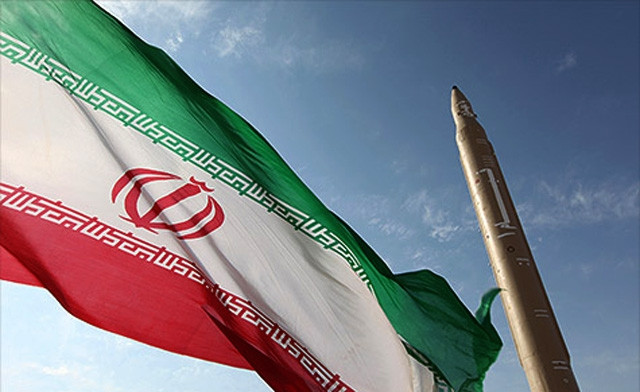
Friday's resolution stipulates that Shaheed present a report on the situation in Iran at the council's 25th session a year from now, and to the General Assembly in September. PHOTO: AFP/ FILE
With 26 votes in favour, two opposed and 19 abstaining or not voting, the 47-member UN Human Rights Council agreed to extend the mandate of Ahmed Shaheed, a former Maldives foreign minister who was named Iran monitor in 2011.
Tehran has so far refused to let Shaheed visit the country to assess the rights situation there and has responded to only a handful of official requests for informations.
Iran's ambassador to the UN in Geneva, Seyed Mohammad Reza Sajjadi, slammed the resolution, which he said was "counter-productive" and "politicised".
He accused the council of selectivity and applying "double standards" in its choice of country-specific resolutions, blasting the "true nature and hidden agenda" of some countries' approach to human rights issues.
Venezuela, which along with Pakistan was the only council member to oppose the resolution, also claimed the resolution was coloured by "political manipulation".
Earlier this month, Shaheed presented a report on Iran to the council in which he spotlighted repression of freedom of speech and a slew of other abuses, including torture, forced confessions, secret executions and the jailing of members of the political opposition.
Shaheed - who is now a human rights academic in Britain - also pointed to violations of the rights of women, religious and ethnic minorities.
In addition, he voiced alarm over a rise in journalists' arrests, pointing out that more than 50 reporters were behind bars and cautioning that the crackdown did not bode well for Iran's upcoming elections in June.
He wrote his report by contacting campaigners and victims inside Iran, as well as talking to exiles and human rights groups.
Friday's resolution stipulates that Shaheed present a report on the situation in Iran at the council's 25th session a year from now, and to the General Assembly in September.
It also called on Tehran "to cooperate fully with the special rapporteur and to permit access to visit the country as well as to provide all information necessary to allow the fulfilment of the mandate."

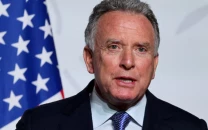
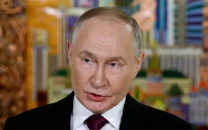
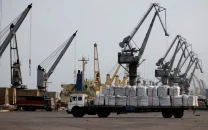

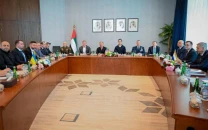
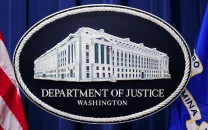












COMMENTS
Comments are moderated and generally will be posted if they are on-topic and not abusive.
For more information, please see our Comments FAQ